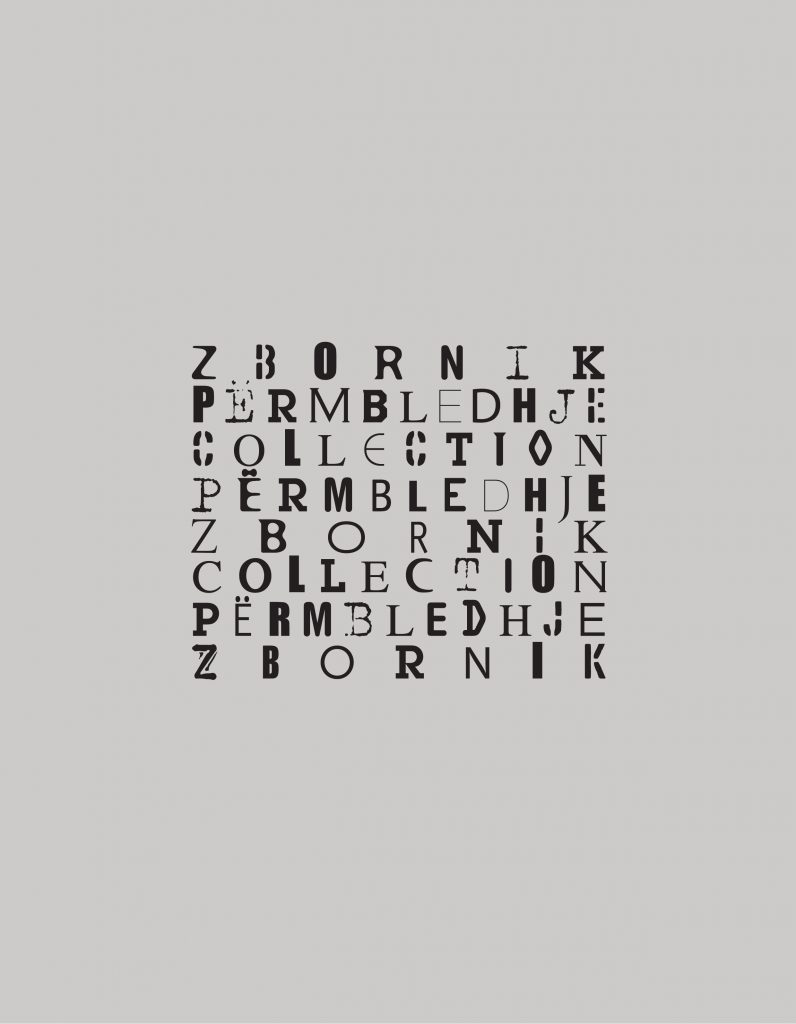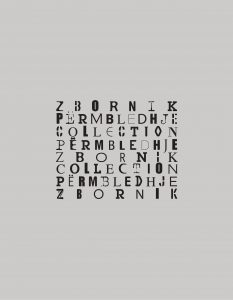
10.07.2015.
Collection of Texts: Transitional Justice And Reconciliation In Post-Yugoslav Countries
The voices of institutions, religious communities, activists, academics, culture and victims
The Collection of Texts comprises the addresses, discussions and commentaries of representatives of institutions, religious communities, non-governmental organizations, members of the epistemological community and artists about the achievements made and the obstacles encountered in the process of dealing with the past and reconciliation, as well as testimony by victims, participants at the Ninth and Tenth Forums for Transitional Justice in Post-Yugoslav Countries.
Edited by Svetlana Slapšak and Nataša Kandić
Publisher: Coalition for RECOM, 2015
Transitional justice and reconciliation
in post-Yugoslav countries
Table of Contents
Introduction
Nataša Kandić: RECOM is the cornerstone of the attitude to the past
I Transitional Justice
Niko Grubešić: The achievements in Bosnia and Herzegovina
Tonči Staničić: The victims must talk
Selim Selimi: Kosovo has made progress
Dhurata Hoxha: The establishment of the Inter-Ministerial Working Group on Dealing with the Past in Kosovo
Mary Anne Hennessey: Institutional reforms and reconciliation are the basis of sustainable peace
Goran Šimić PhD: The strategy of transitional justice in Bosnia and Herzegovina
Bojan Glavašević: We have drawn a clear distinction between law and justice
Criminal Justice
Sandra Orlović: Serbia has no strategy for prosecuting war crimes
Dženana Karup Druško: BiH does not implement State Strategy for War Crimes Trials
Vesna Teršelič: The increase of exclusiveness gives rise for concern
Tea Gorjanc Prelević: Not a single indictment on grounds of command responsibility in Montenegro
Nora Ahmetaj: Priority should be given to trials before the courts of the Republic of Kosovo
Mirko Klarin: The established and adjudicated facts are the main legacy of the Hague Tribunal
Denisa Kostovicova PhD: A deliberative and participatory aspect of transitional justice
Zoran Pusić: The Hague Tribunal was successful before suddenly coming to a halt
Gentian Zyberi PhD: Reconciliation through the international criminal courts and tribunals: mission (im)possible?
Jelena Subotić PhD: ”Obstacle bias” in transitional justice scholarship
Jasna Dragović-Soso PhD: The ICTY, in particular, has had very limited success in countering denial of crimes in the post-Yugoslav region
Kristen Perrin PhD: The implications of in-court discussions on memory
Katarina Ristić PhD: The legal narratives about the victims do not reach the community of the perpetrators
The facts, the shared history
Professor Žarko Puhovski: Shaming the perpetrators is our concern
Anna Di Lellio PhD: A great achievement of RECOM: bringing the issue of justice back to the foreground
Jasna Dragović-Soso PhD: Apologies after completing the work on preserving the memory
Jelena Obradović-Wochnik PhD: Achievements of transitional justice in the Post-Yugoslav space
Sari Wastell PhD: Shared history
Professor Sergej Flere: History is the main channel for reproducing national myths and legends
Christian Nielsen PhD: The periods before and after 1991 are interconnected
Eric Gordy PhD: Limitations and problems in the construction of public memory
Ivor Sokolić: The civil society has the potential to spearhead changes in public perceptions
Adriatik Kelmendi: Recognizing the victims in the case of Kosovo, and Kosovo’s existence
Igor Cvetkovski: Reparations for wartime victims in the former Yugoslavia
Professor Zdravko Grebo: The facts, first of all!
Professor Žarko Puhovski: From defeat to defeat until the final victory
II Reconciliation
Željko Komšić: One should react, but also reach out a hand of reconciliation
Mioljub Vitorović: Reconciliation is a process
Engjellushe Morina: Dealing with the past should start first within the framework of a society
Friar Ivan Šarčević: We must confront our history, our past
Husein effendi Smajić: Religious communities are not responsible for what happened between 1992 and 1996
Father Vanja Jovanović: Reconciliation of the one with the other is a process
Jakob Finci: Reconciliation through confidence
Hoxha Rexhep Lushta: Forgiveness and reconciliation are best effected through genuine dialogue and understanding between contending sides
Christifer Lamont PhD: Accountability and forgiveness are complementary perspectives
Friar Ivo Marković: The idea of reconciliation requires a vision and a step forward
Nataša Kandić: Understanding and interpreting the concept and process of reconciliation
Hrvoje Klasić PhD: The process of reconciliation cannot be viewed separately from the process of understanding
Professor Zoran Pajić: The inter-generational cycle of “historical reckoning” and violence repeats itself
Spomenka Hribar PhD: Reconciliation: a process or an ultimate goal?
Denisa Kostovicova PhD: The reconciliation process primarily takes place through communication
Nebojša Petrović: It is necessary to humanize the others
Mirko Klarin: Reconciliation from the point of view of war criminals
Avila Kilmurray PhD: Northern Ireland – a comparative perspective
Culture, art and facts
Professor Svetlana Slapšak: Culture boldly addresses our past
Professor Svetlana Slapšak: Spreading the truth: a gadfly ethics
Dino Mustafić: Artistic truth should not “relativize”
Lazar Stojanović: If it wants and if it dares, art can win freedom for victims
Ante Perković: That invisible spiritual space still exists
Professor Svetlana Slapšak: The theatre is supposed to upset and cause discomfort
Alban Ukaj: Raising war topics was not easy
Maja Izetbegović: I have the privilege to speak about my personal experience on stage
Stevan Bodroža: Art that questions
Hazim Begagić: It is important that we brought the phenomenon of the music school in Zenica back into the public discourse
Andrej Nosov: A view from the perspective of the other
Bojan Munjin: Protagonists of the Yugoslav tragedy in one place
Lazar Stojanović: A fact may change its value depending on the context
Vesna Kesić: Women war victims are held responsible for the fate that befell them
Ivana Lalić: Protected witnesses are disappointed in state institutions
Pjer Žalica: Victims are the real heroes of war
III The voices of the victims
- Marica Šeatović: My pursuit of truth and justice
- Ljubiša Filipović: Reconciliation first, then the Return
- Sunčica Antić: My dead father has been listed as alive for 15 years
- Nada Bodiroga: My mother’s shoe, the only surviving witness
- Bekim Gashi: I am the most wounded man in the world
- Dragan Pjevač: Hague acquittals drove process of dealing with the past back to the beginning
- Mirjana Učakar: The “erased” have difficulties in exercising their right to compensation
- Zoran Kosić: Veterans talk about reconciliation
- †Mirko Kovačić: Dialogue in prison camp
- Amir Kulaglić: Blossom and springtime remind me of those who are now gone
- Nikola Šašo: Their bones have found their eternal home
- Kada Hotić: But how does a criminal go to sleep at night, when the images start coming back?
- Mevludin Lupić: We need compassion
- Prenk Gjetaj: The families of the disappeared are the most vulnerable category of people affected by the war
- Munira Subašić: Confidence is what is most needed
- Desanka Pejčinović: We are willing to kneel and humiliate ourselves for the sake of our children
Collection of the texts (English)
Collection – trilingual edition (BCS, English and Albanian language)















